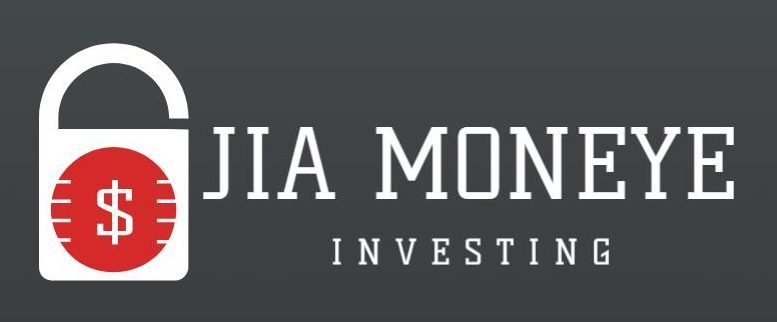
Debt Consolidation Loans: Are They Right for You?
Understanding the Pros and Cons of Debt Consolidation Loans
Debt consolidation loans can be a lifeline for those drowning in a sea of different debts. They offer a way to combine multiple debts into one manageable monthly payment, potentially making your financial life a little less complicated. But are they right for you? To answer this question, it’s essential to understand the pros and cons of debt consolidation loans.
On the positive side, debt consolidation loans can simplify your financial life. Instead of juggling multiple payments to different creditors each month, you’ll only have one payment to worry about. This can make budgeting easier and reduce the stress associated with managing multiple debts. Additionally, debt consolidation loans often come with a lower interest rate than the combined rates on your individual debts. This means you could end up paying less in interest over the life of the loan, saving you money in the long run.
Another advantage of debt consolidation loans is that they can improve your credit score. When you consolidate your debts, you’re effectively paying off your existing debts. This can have a positive impact on your credit score, as long as you continue to make your consolidated loan payments on time. Moreover, having a single loan instead of multiple debts can make you look more attractive to future lenders.
However, despite these benefits, debt consolidation loans are not without their drawbacks. One of the main disadvantages is that you might end up paying more over time. While the interest rate on a debt consolidation loan might be lower than your individual rates, these loans often have longer repayment periods. This means you could end up paying more in interest over the life of the loan, even if the rate is lower.
Another potential downside is that debt consolidation loans can create a false sense of financial security. It’s easy to fall into the trap of thinking that you’ve solved your debt problems when you’ve simply moved them around. If you don’t address the underlying issues that led to your debt in the first place, you could end up in the same situation down the line.
Lastly, it’s worth noting that not everyone qualifies for a debt consolidation loan. These loans are typically based on your credit score, and if your score is too low, you might not be eligible. Even if you do qualify, you might not get the low interest rate you’re hoping for if your credit isn’t in good shape.
In conclusion, debt consolidation loans can be a useful tool for managing and reducing debt, but they’re not a one-size-fits-all solution. They come with both benefits and drawbacks, and they’re not the right choice for everyone. Before deciding to consolidate your debts, it’s important to carefully consider your individual financial situation and to seek advice from a financial advisor if needed. Remember, the goal is not just to make your debts easier to manage, but also to put yourself on a path towards financial health and stability.


